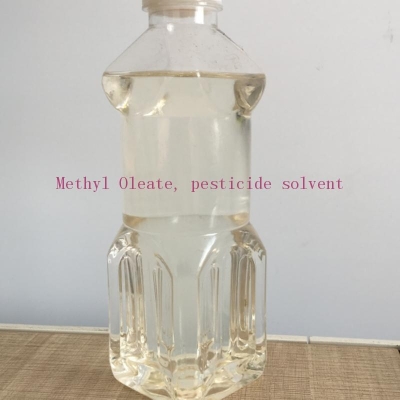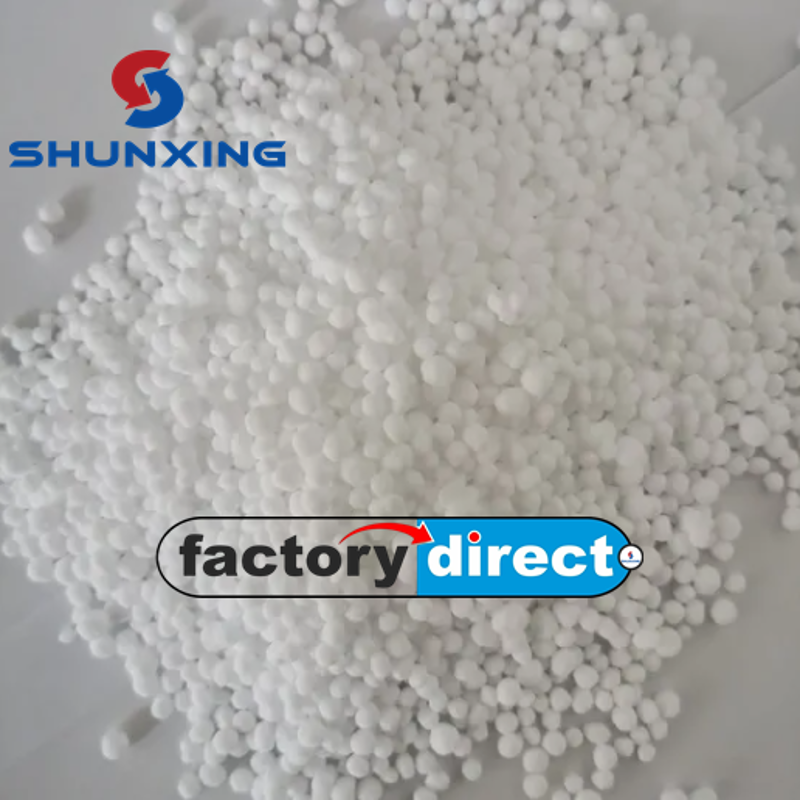-
Categories
-
Pharmaceutical Intermediates
-
Active Pharmaceutical Ingredients
-
Food Additives
- Industrial Coatings
- Agrochemicals
- Dyes and Pigments
- Surfactant
- Flavors and Fragrances
- Chemical Reagents
- Catalyst and Auxiliary
- Natural Products
- Inorganic Chemistry
-
Organic Chemistry
-
Biochemical Engineering
- Analytical Chemistry
-
Cosmetic Ingredient
- Water Treatment Chemical
-
Pharmaceutical Intermediates
Promotion
ECHEMI Mall
Wholesale
Weekly Price
Exhibition
News
-
Trade Service
According to the latest biopesticide market report, the global biopesticide market is expected to reach 6.
6 billion U.
S.
dollars by 2020, and the compound annual growth rate from 2015 to 2020 will reach 18.
8%.
The increasing demand for food makes traditional agriculture more Land depends on chemicals
.
The government and consumers are increasingly concerned about food safety, making growers look for new environmentally friendly solutions to replace or supplement chemical products
.
Biological pesticides have become a promising alternative to chemical pesticides
.
The biopesticide market is mainly driven by microbial pesticides, and the use of biochemical pesticides and beneficial insects will contribute to the further growth of the market
.
Grains, oilseeds, fruits, and vegetables are important markets for biological pesticides.
In addition, the application of biological pesticides in forestry is also increasing
.
In 2014, North America was the main global biopesticide market, and from 2015 to 2020, Europe had the highest compound annual growth rate
.
As China and India use more bio-pesticides, the Asian market presents opportunities for development
.
As the demand for organic food in developing countries increases, and the environmental hazards caused by chemical pesticides become more and more obvious, the competition in the bio-pesticide market is becoming increasingly fierce
.
The reduction of arable land has prompted people to adopt more advanced methods to increase agricultural productivity
.
In organic production systems, biological pesticides are the most important plant protection tool to help growers control the quality of crops
.
The use of these products is not complicated, but some biological pesticides require a better understanding and knowledge of target diseases and pathogens
.
In any disease management project, proper application time and method are important conditions for its effectiveness
.
Biological pesticides may not be as effective as chemically synthesized pesticides, but most of them have low toxicity and are friendly to non-target organisms, making them ideal sustainable agricultural tools
.
6 billion U.
S.
dollars by 2020, and the compound annual growth rate from 2015 to 2020 will reach 18.
8%.
The increasing demand for food makes traditional agriculture more Land depends on chemicals
.
The government and consumers are increasingly concerned about food safety, making growers look for new environmentally friendly solutions to replace or supplement chemical products
.
Biological pesticides have become a promising alternative to chemical pesticides
.
The biopesticide market is mainly driven by microbial pesticides, and the use of biochemical pesticides and beneficial insects will contribute to the further growth of the market
.
Grains, oilseeds, fruits, and vegetables are important markets for biological pesticides.
In addition, the application of biological pesticides in forestry is also increasing
.
In 2014, North America was the main global biopesticide market, and from 2015 to 2020, Europe had the highest compound annual growth rate
.
As China and India use more bio-pesticides, the Asian market presents opportunities for development
.
As the demand for organic food in developing countries increases, and the environmental hazards caused by chemical pesticides become more and more obvious, the competition in the bio-pesticide market is becoming increasingly fierce
.
The reduction of arable land has prompted people to adopt more advanced methods to increase agricultural productivity
.
In organic production systems, biological pesticides are the most important plant protection tool to help growers control the quality of crops
.
The use of these products is not complicated, but some biological pesticides require a better understanding and knowledge of target diseases and pathogens
.
In any disease management project, proper application time and method are important conditions for its effectiveness
.
Biological pesticides may not be as effective as chemically synthesized pesticides, but most of them have low toxicity and are friendly to non-target organisms, making them ideal sustainable agricultural tools
.







